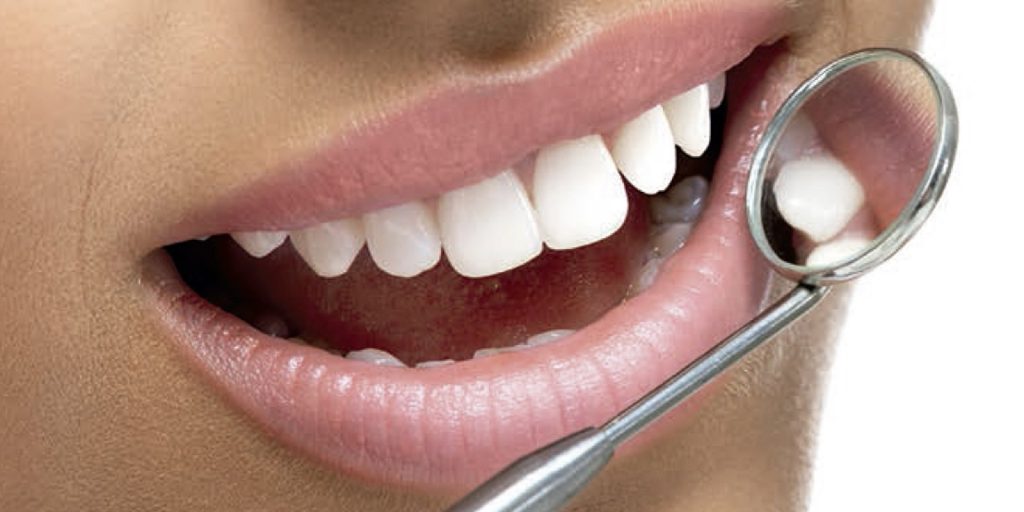What are dental caries?
Dental cavities are holes that form in your teeth. They start out as small and gradually get larger when left untreated. Since many cavities don’t cause pain at first, it can be difficult to tell if a problem exists. Regular visits to the dentist can quickly detect tooth decay. if you’re living in KCH then you can contact invisible braces in karachi as well.
Dental caries is one of the most common health problems in the world. Anyone with teeth can develop cavities, including babies. For the pricing information teeth braces cost in karachi visit the link.
Finding out that you have cavities can come as a surprise. This is especially true if you think you have good oral hygiene. However, even if your dentists in Lahore tells you this, there are ways to treat cavities and prevent new cavities from forming.
Symptoms of tooth decay
The symptoms of cavities depend on the severity of the cavity. They understand:
- – The sensitivity of the teeth,
- – Dental pain,
- – A visible hole in the teeth,
- – Black or white spots on the teeth.
Causes of dental caries
Dental cavities are caused by dental plaque, a sticky substance that binds to teeth. Dental plaque is a combination of:
- – Bacteria,
- – Saliva,
- – Acid,
- – Food particles.
Everyone has bacteria in their mouths. After eating or drinking foods that contain sugar, bacteria in the mouth turn the sugar into acid. Dental plaque begins to form on your teeth soon after you eat or drink something sweet. This is why it is important to brush your teeth regularly.
Plaque sticks to your teeth, and the acid it contains can slowly erode tooth enamel. Enamel is a hard, protective layer on your teeth that protects against tooth decay. The weaker your tooth enamel, the greater the risk of cavities.
Everyone is at risk for cavities, but some people are at higher risk. The risk factors are as follows:
- – Too much sweet or acidic foods and drinks,
- – Poor oral hygiene, such as not brushing or flossing every day,
- – Not having enough fluoride,
- – Dry mouth,
- – Eating disorders, such as anorexia and bulimia,
- – Acid reflux, which can cause wear to tooth enamel by stomach acid.
Cavities more often develop in the rear teeth. These teeth have grooves and openings that can trap food particles. In addition, these teeth are sometimes more difficult to reach when brushing and flossing.
Dental caries treatment options
Talk to your best dentists in lahore about any unpleasant symptoms you are having, such as tooth sensitivity or pain. It can identify tooth decay after an oral exam. However, some cavities are not visible during an oral exam. Your dentist can then use a dental x-ray to check for cavities.
Treatment options depend on the severity of the decay. There are several ways to treat cavities:
Teeth filling
A dentist uses a drill and removes decayed material from a tooth. It then fills the tooth with a substance, such as silver, gold, or composite resin.
Crowns
For more severe decay, your dentist may place a custom cap on your tooth to replace its natural crown. Your dentist will remove the material from the decayed tooth before starting this procedure.
Treatment of a canal
When tooth decay kills your nerves, your dentist will give you root canal treatment to save your tooth. It removes nerve tissue, blood vessel tissue, and any decayed areas of your tooth. He then checks for infections and applies medicine to the roots, if necessary. Finally, he fills the tooth and can even place a crown there.
Early treatment
If your dentist finds tooth decay at an early stage, fluoride treatment can restore your tooth enamel and prevent further cavities.
Face the pain
Tooth decay can be the cause of a lot of pain and discomfort. You may want to find ways to soothe the irritation while you wait for your dentist appointment. There are several things you can do to deal with the discomfort temporarily:
- – Continue to brush and clean all parts of your mouth, including sensitive areas,
- – Try over-the-counter pain relievers and ask your dentist or doctor if you can use over-the-counter anesthetics.
- – Be careful what you eat: Avoid extremely hot or cold or sweet foods when eating or drinking.
- Complications due to dental caries
- Tooth decay can lead to a whole host of complications if not treated in time. Among these, we can cite:
- – Permanent dental pain,
- – A tooth abscess, which can become infected and trigger life-threatening complications, such as an infection entering the blood or sepsis,
- – The development of pus around the infected tooth,
- – An increased risk of breaking or chipping a tooth
- – Difficulty in chewing food.
You can cause damage to your tooth that cannot be repaired if you postpone your visit to the dentist. At this point, the only way to fix cavities is for your dentist to remove the tooth and replace it with an implant or bridge.
Prevention of tooth decay
Tooth decay is a common dental problem, but you can reduce your risk by taking the following steps:
- – Brush your teeth at least twice a day with fluoride toothpaste.
- – Use dental floss at least once a day,
- – Eat less sugary and acidic foods, such as sweets, candies, juices, sodas and refined carbohydrates,
- – Limit snacking between meals,
- – Consider having dental sealants applied to your teeth.
- The following foods can help fight tooth decay:
- – Fruits and vegetables rich in fiber,
- – Foods rich in calcium,
- – Chewing gum without sugar with xylitol,
- – Unsweetened black or green tea,
- – Water with fluoride.
James Martin is a passionate writer and the founder of OnTimeMagazines & EastLifePro. He loves to write principally about technology trends. He loves to share his opinion on what’s happening in tech around the world.



